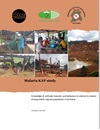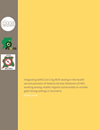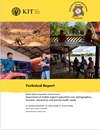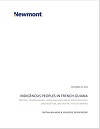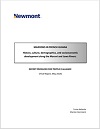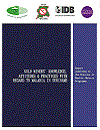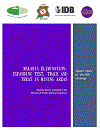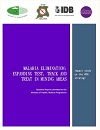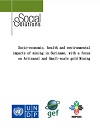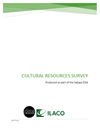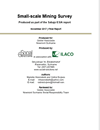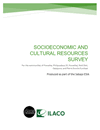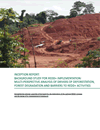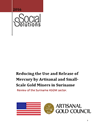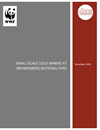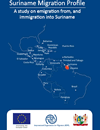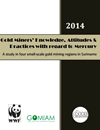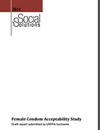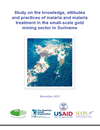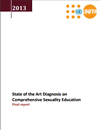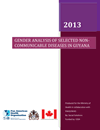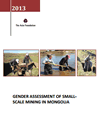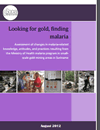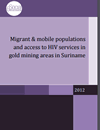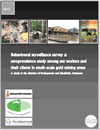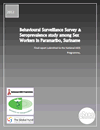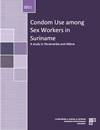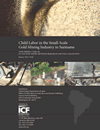Gold Miners’ Knowledge, Attitudes & Practices with regard to Malaria in Suriname - 2018
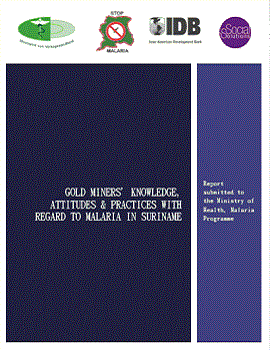
SUMMARY:
This report presents the results of a survey on malaria knowledge, attitudes and practices (KAP survey) in small-scale gold mining (SSGM) areas in Suriname, South America. Despite Suriname’s successes in fighting malaria, SSGM areas continue to pose risks for malaria transmission. This study helps understand the effects of Malaria Program (MP) health outreach activities in SSGM areas, and contains lessons for future efforts aimed at malaria elimination. A quantitative survey was conducted with inhabitants of four SSGM areas: Brokopodo North, Sella Creek, Benzdorp area, and Pikin Saramacca. A total of 425 survey interviews were done with 68 women (16%) and 357 men (84%), among whom 239 Suriname gold miners (56.2%) and 186 migrants (43.8%).
The study arrives at three broad conclusions. In the first place, malaria is no longer part of people’s daily life realities in Suriname’s SSGM areas, and of little concern to its inhabitants. The limited (perceived) malaria threat explains limitations in knowledge of Malaria Test and Treat locations, both in Paramaribo and in the interior. A second conclusion is that, even though bed net use is still far from universal, the Malaria Program LLIN distribution campaign has had a measurable positive impact on bed net use. Additional bed net benefits, other than protection against malaria, should be the focus of continued bed net campaigns. A third conclusion is that, as compared to 2010, malaria knowledge has improved on all fronts. Finally, the data reveal significant differences between the different SSGM areas. Future program activities and research focussing on SSGM must consider and integrate these differences.
.


